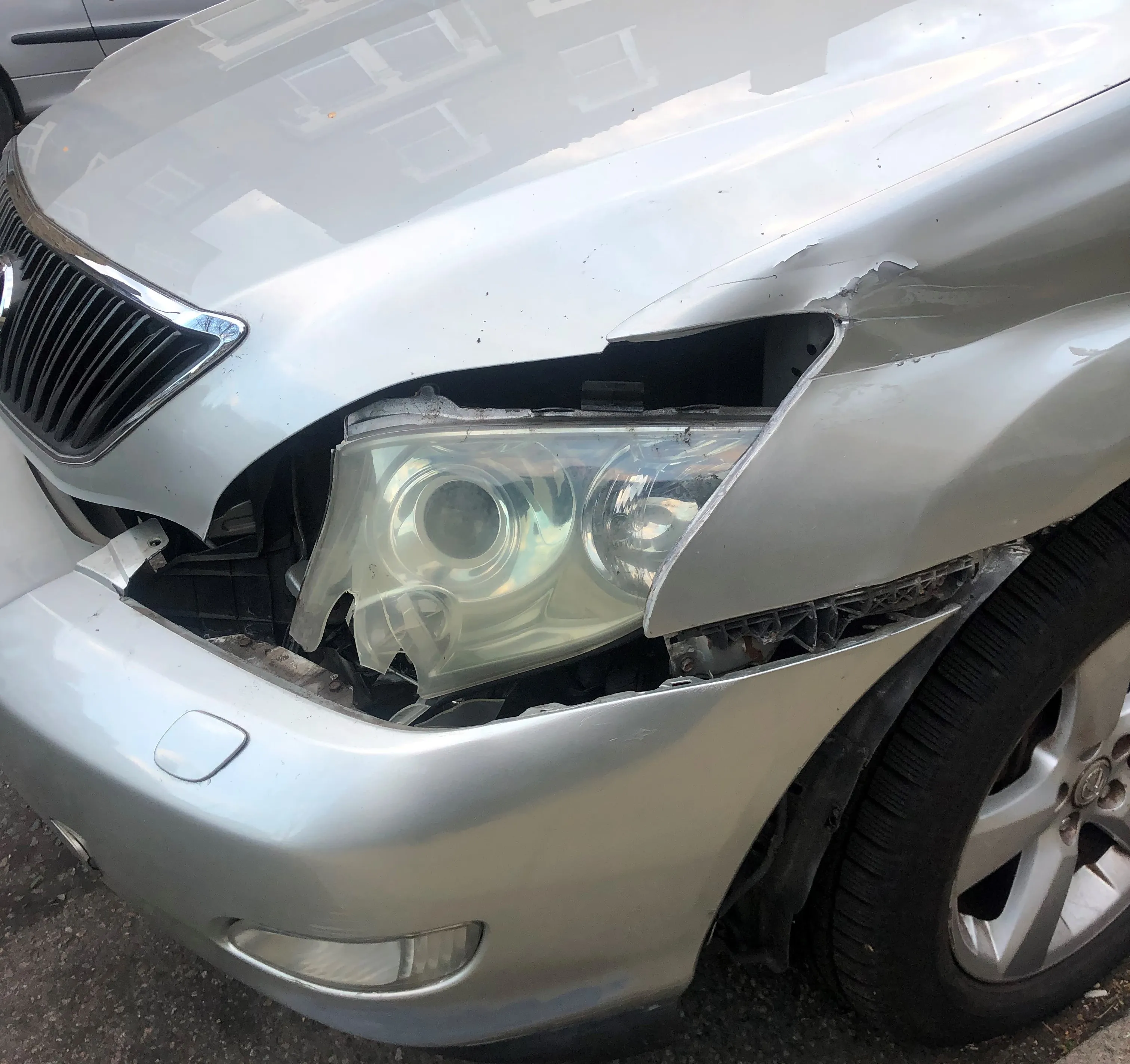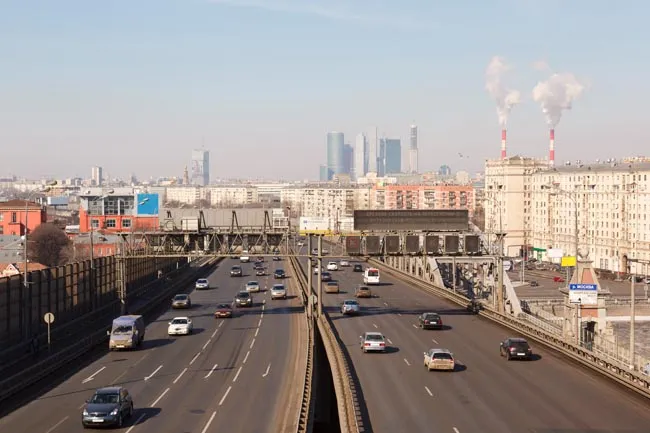Colombia's Ministry of Finance is evaluating the use of project finance arrangements to fund the government-backed 4G road development schemes.
However, regulations will have to be put in place before such arrangements can be made, according to a report by the Colombian financial newspaper Portafolio.
The 4G programme consists of 45 road projects divided into three waves of development under the public-private partnership (PPP) scheme, with another category set up for private initiatives.
The budge
January 6, 2017
Read time: 1 min
Colombia's Ministry of Finance is evaluating the use of project finance arrangements to fund the government-backed 4G road development schemes.
However, regulations will have to be put in place before such arrangements can be made, according to a report by the Colombian financial newspaper Portafolio.
The 4G programme consists of 45 road projects divided into three waves of development under the public-private partnership (PPP) scheme, with another category set up for private initiatives.
The budget is around US$18.15 billion that must be invested by 2020. So far, 30 projects have been approved, of which 29 have been awarded by the National Infrastructure Agency (ANI).
Recent analysis by the ministry of the financial closures for the first wave of 4G schemes shows that 47% of funds will come from banks. But challenges exist, such as a limited pool of backers and developers.
However, regulations will have to be put in place before such arrangements can be made, according to a report by the Colombian financial newspaper Portafolio.
The 4G programme consists of 45 road projects divided into three waves of development under the public-private partnership (PPP) scheme, with another category set up for private initiatives.
The budget is around US$18.15 billion that must be invested by 2020. So far, 30 projects have been approved, of which 29 have been awarded by the National Infrastructure Agency (ANI).
Recent analysis by the ministry of the financial closures for the first wave of 4G schemes shows that 47% of funds will come from banks. But challenges exist, such as a limited pool of backers and developers.








